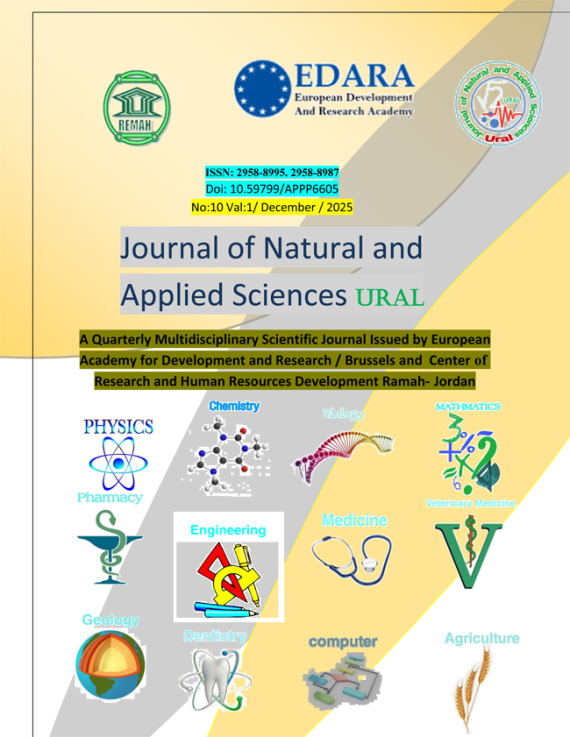Abstract—this paper addresses the rising demand for accurate and efficient fluid flow predictions in computational fluid dynamics (CFD), which typically confront restrictions due to complicated geometries and turbulence models. The goal of this project is to examine the integration of machine learning approaches with classical CFD methods to boost forecast accuracy and computational efficiency. Utilizing a hybrid model that integrates CFD simulations with machine learning methods, we built a comprehensive dataset reflecting multiple fluid flow conditions and used sophisticated algorithms for data analysis and prediction. Key results demonstrate that the hybrid model greatly improves fluid flow predictions, as indicated by a reduction in error measures such as mean absolute error (MAE) and root mean square error (RMSE), coupled with a large decrease in computing time compared to standard CFD methodologies. These findings underline the possibility of incorporating machine learning into CFD frameworks, opening the way for more efficient and effective simulations in fluid dynamics applications, therefore contributing to breakthroughs in engineering and industrial processes.
Keywords computational fluid dynamics, machine learning, hybrid model, fluid flow prediction, error metrics, computational efficiency, turbulence modeling (key words)







